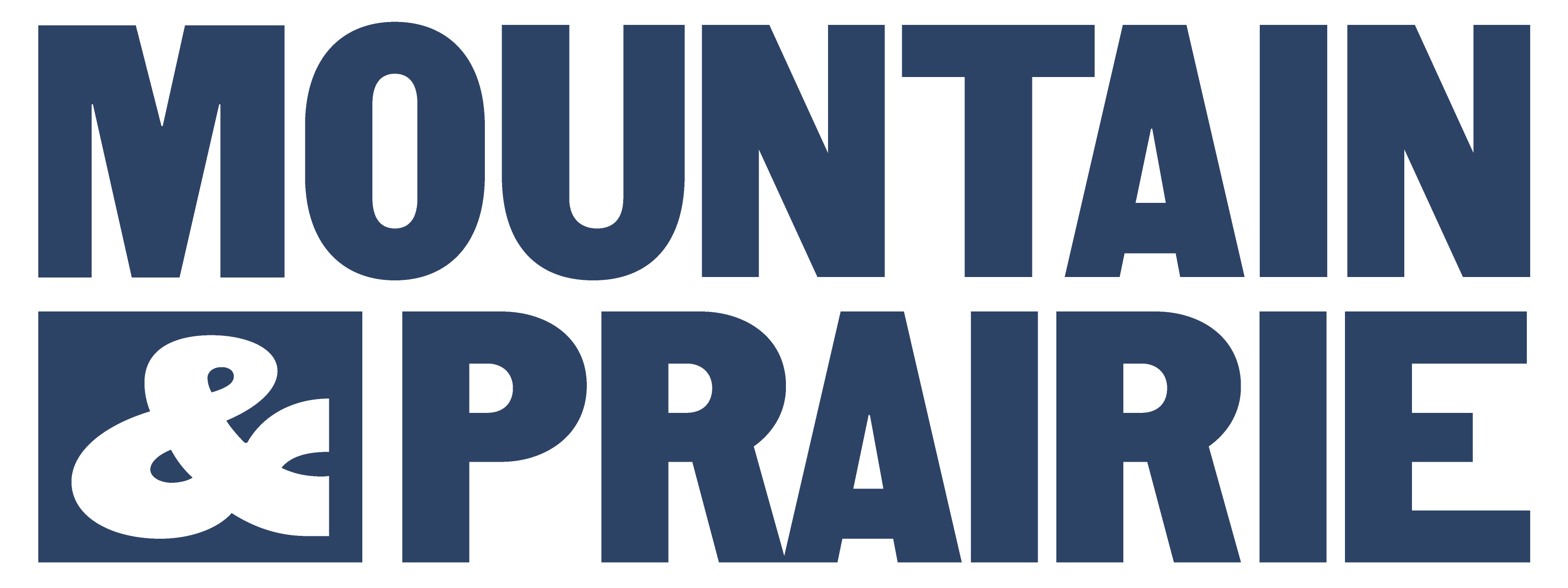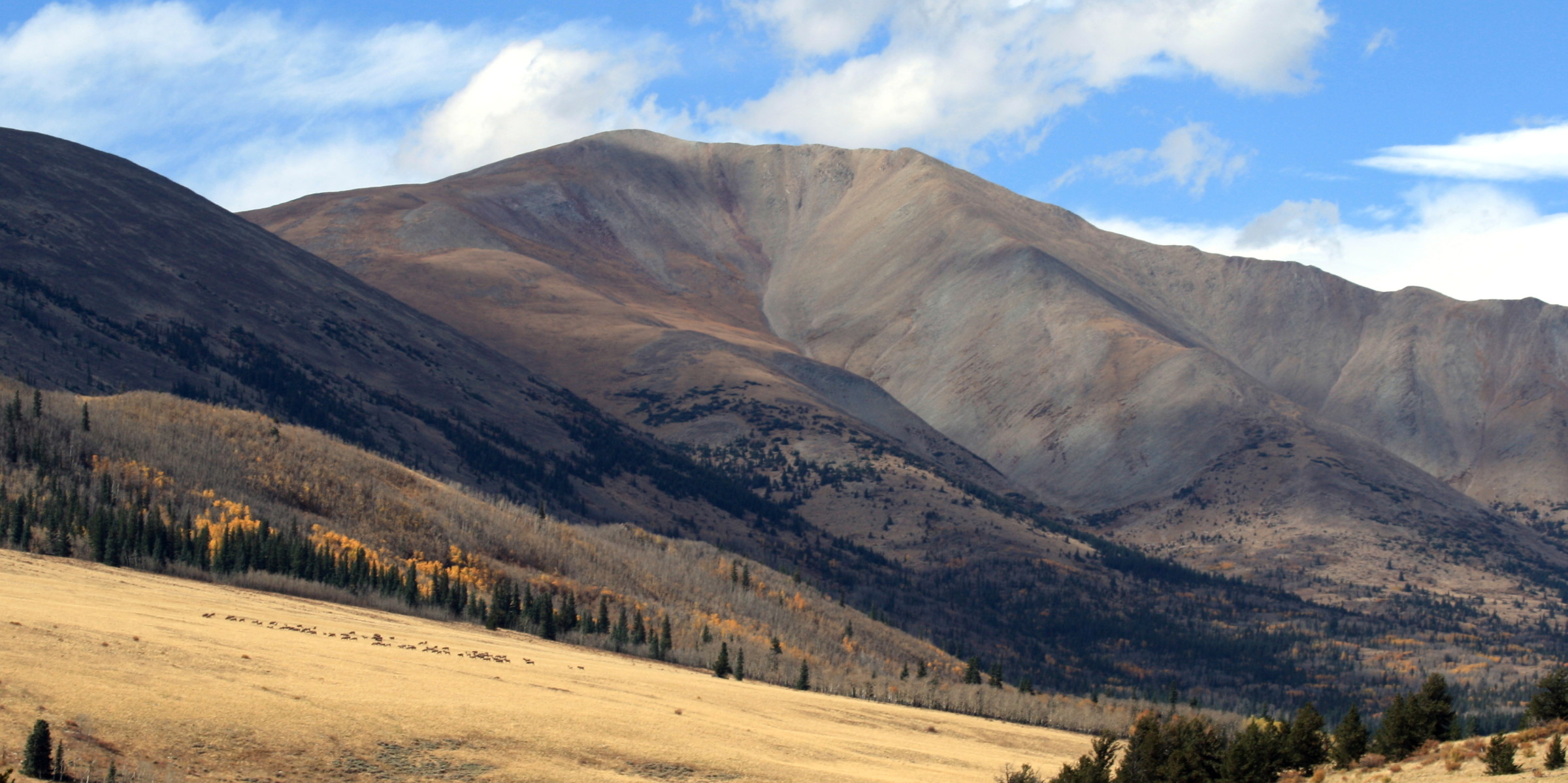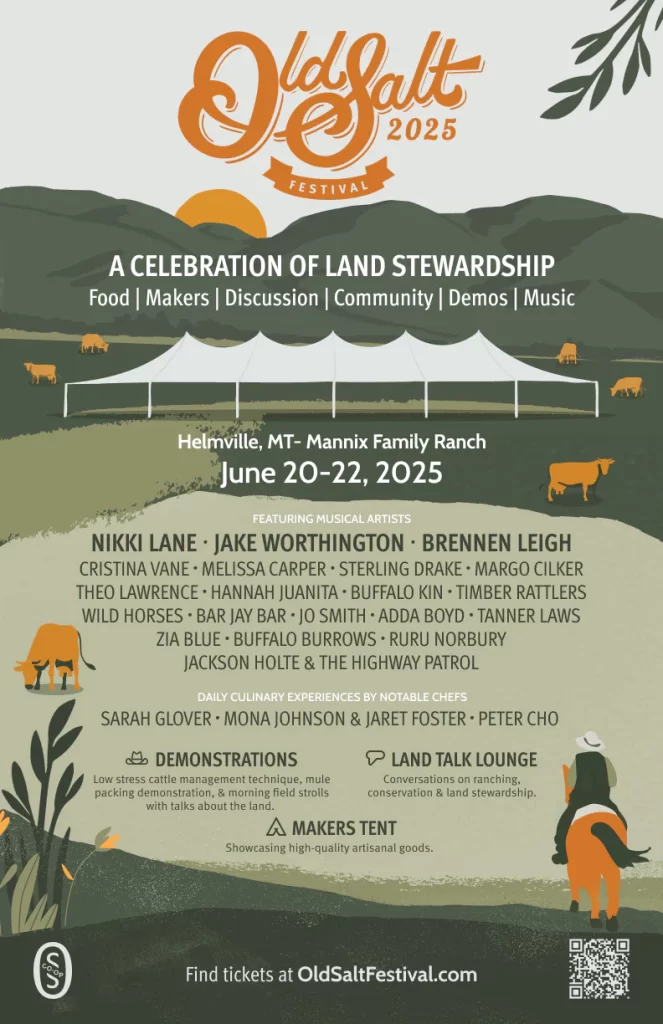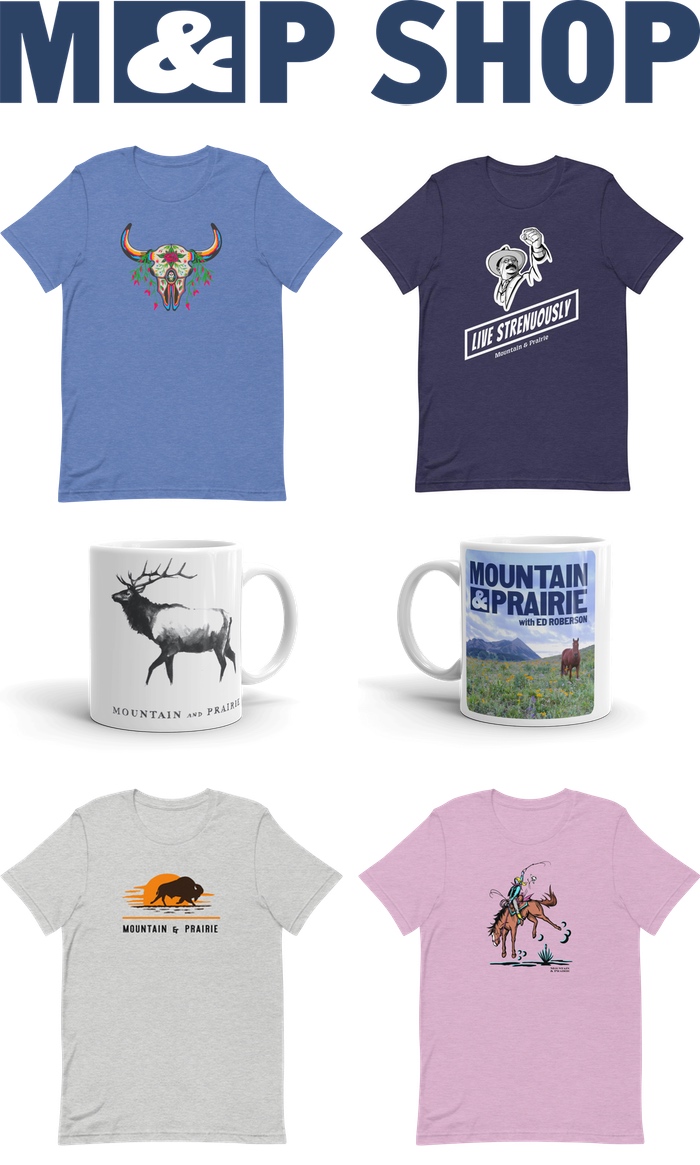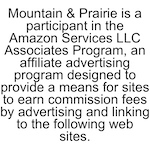This article originally appeared on Palmer Land Trust’s blog as part of their #CelebrateLand campaign.
Ed’s Story: Words of Wisdom for Anyone Who Loves the West
Toward the end of each of my podcast episodes, I ask guests if they’d like to make a request of the listeners, impart words of wisdom, or offer advice. Because the podcast revolves around the landscapes and people of the American West, almost every guest provides sage guidance that, if followed, would surely make the West an even better place– conservation, open-mindedness, curiosity, and a general respect for the land and our neighbors are common themes. Since I’m the host, I rarely interject my opinions, but I have thought long and hard about how I would answer this question.
My request to anyone who loves the West is simple: Go outside and have an adventure.
I grew up far from the Rocky Mountains, on the flat, sandy coastal plain of eastern North Carolina. Much of my childhood was spent knee-deep in a creek that bisected my neighborhood, catching frogs, building dams, and constructing forts from downed trees. Those foundational backyard hijinks evolved into more substantial adventures in my teens, including rafting the Grand Canyon with my dad and trudging up Mt. Yale during a high school leadership retreat in Colorado. The adventures intensified through my 20s and 30s, and much to my delight, they have now reached a point of ridiculousness beyond what any reasonable person would consider “fun.”
While I’ve always been keenly focused on ticking outdoor goals off my list, I have recently come to understand the much-more-valuable impact of decades spent in the outdoors. Without my realizing it, the outdoors– specifically the wide-open landscapes of the American West– had become the central thread that connected almost every meaningful aspect of my life.
Experiences in wild places had shaped my value system, affected my career choices, helped me forge deep friendships, and allowed me to expand my physical and mental limits. My personal goals, political views, hobbies, and even reading habits were all heavily influenced by open space. Without this love of land, I would not have met my wife, and our daughter would not have been born. Other than the invaluable relationships with my parents and sister, every important element of my life is a product of time spent in wild places.
That realization a few years ago changed my perspective on the importance of protecting public and private landscapes. I no longer viewed land as a vehicle through which I could generate income, but rather a precious, non-renewable resource that should be stewarded with the utmost respect. My definition of progress was flipped on its head. The “legacy of conquest” that has defined the West for so long became unappealing (to say the least), and I began to align myself with people and organizations committed to a legacy of sustainability. Given this newfound awareness, I had no choice but to focus more of my time and energy toward protecting and stewarding the land.
History shows that without a counterbalance, unfettered economic interests will exhaust natural resources. The land will not protect itself, which is exactly why the work of Palmer Land Trust and other conservation organizations is so vital. I encourage you to find a group working to protect a place you love, then help them out however you can.
At the very least, go outside. Have an adventure, whether that’s catching a frog or running 100 miles through the mountains. It will change your life for the better.
To learn more about Palmer Land Trust and the important work it is doing to conserve Colorado’s open spaces, check out this video or visit the PLT website.
